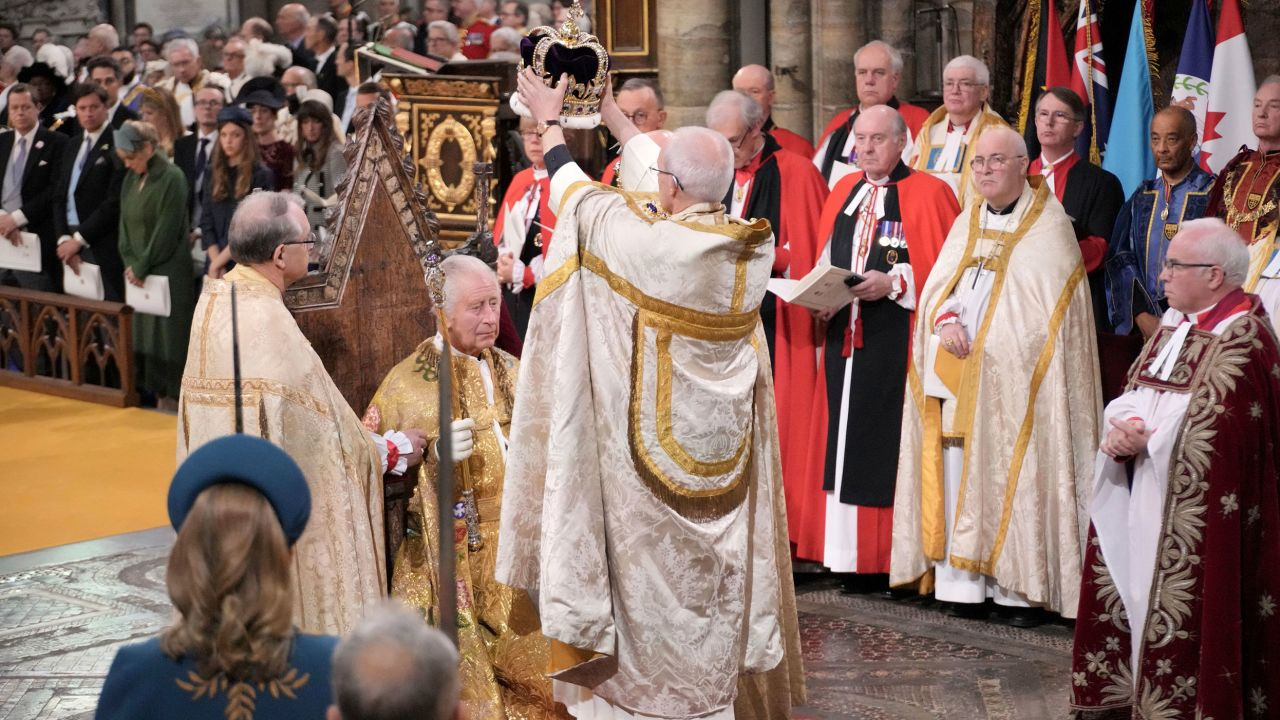The Coronation of King Charles III in May 2023 was a monumental event, blending historical tradition with modern pageantry. However, beyond the splendor and global attention, the financial implications of this state-funded spectacle have sparked significant debate.
With taxpayers bearing a cost of £72 million, including £50 million from the Department for Culture, Media, and Sport (DCMS) and £22 million for policing, questions have arisen about the necessity and justification of such an expenditure, particularly amid the UK’s cost-of-living crisis.
The Financial Breakdown: Where Did the Money Go?
The total cost of £72 million might seem staggering, but it was distributed across several key areas. The DCMS, which coordinated the event, accounted for £50 million.
This figure covered the organization of the ceremony, the accompanying festivities, and logistical support. Notably, this included the Coronation concert held at Windsor Castle, street parties across the UK, and the intricate preparations required for such a large-scale state event.
An additional £22 million was allocated for policing, overseen by the Home Office. Ensuring the safety of thousands of attendees, including 90 heads of state and countless public spectators, necessitated an extensive security operation.
The presence of dignitaries from around the world and high-profile celebrities meant that no corners could be cut in terms of security.
Read : King Charles III and Queen Camilla in Bengaluru for Private Wellness Retreat
Funding for the event came from multiple sources. Being a state event, much of the cost was covered by the UK Government, specifically through the Sovereign Grant. This grant is funded by a percentage of the profits generated by the Crown Estate. Additionally, the Privy Purse, derived from the Duchy of Lancaster, contributed to the financing.

As of March 2024, the Duchy boasted net assets of £647 million, highlighting the financial power of the monarchy. Nevertheless, many taxpayers questioned whether public funds should have been allocated to this event at all, especially given the broader economic context.
Public Reaction: Celebrations Amid Economic Struggles
The Coronation was undeniably a moment of national and historical significance. DCMS described it as a “once-in-a-generation” opportunity, with an estimated global audience of two billion people in 125 countries. The ceremony showcased the UK’s rich cultural heritage and reinforced its position on the world stage. However, the timing and scale of the event did not sit well with everyone.
The backdrop of the Coronation was a country grappling with a severe cost-of-living crisis. Rising energy bills, inflation, and economic uncertainty have placed immense strain on households across the UK.
In this context, the decision to allocate £72 million of taxpayer money to a ceremonial event was met with criticism. A YouGov poll conducted before the Coronation revealed that 52% of Londoners believed the event should not be funded by taxpayers. This sentiment underscores a broader disillusionment with public spending priorities.

Campaign groups, such as Republic, were vocal in their opposition. They described the Coronation as a “pointless, archaic parade,” arguing that the funds could have been better spent on essential services, such as free school meals.
Graham Smith, Republic’s chief executive, criticized the expenditure as “shameful,” emphasizing the disconnect between the monarchy and the realities faced by ordinary citizens. For many, the event highlighted the persistent inequalities in British society and the perception that public money is often misallocated.
The Broader Implications: Tradition vs. Modernity
The Coronation of King Charles III was designed to be a “slimmed down affair” compared to Queen Elizabeth II’s Coronation in 1953. The guest list at Westminster Abbey was a quarter of the size, and the event was framed as a reflection of modern Britain. Yet, the cost suggests that even a scaled-back version of royal pageantry remains an expensive undertaking. This raises important questions about the relevance of such traditions in contemporary society.
Supporters argue that the Coronation was more than just a lavish spectacle; it was an opportunity to celebrate national identity and unity. The global attention it garnered showcased Britain’s cultural influence and historical continuity.
Events such as the Coronation concert, featuring performances by Lionel Richie, Katy Perry, and Take That, brought people together in celebration. For many, the pomp and circumstance provided a moment of pride and respite from daily challenges.

However, the financial burden and the perception of extravagance have fueled debates about the role of the monarchy in a modern democracy. Should public funds be used for ceremonial purposes when essential services are under strain? Is the monarchy an institution that reflects the values and priorities of contemporary Britain? These questions are unlikely to disappear in the aftermath of the Coronation.
The DCMS justified the expenditure by highlighting the international exposure the event brought to the UK. With two billion viewers worldwide, the Coronation was a powerful display of soft power. Yet, critics argue that this exposure comes at too high a cost, especially when weighed against domestic needs.
King Charles III’s Coronation was a landmark event that captured global attention and showcased Britain’s rich heritage. However, the £72 million price tag has sparked significant debate about public spending, social priorities, and the role of the monarchy.
While the DCMS emphasized the value of the Coronation as a celebration of national identity, many taxpayers remain unconvinced, viewing it as an unnecessary extravagance in a time of economic hardship.
As Britain continues to navigate economic challenges, the legacy of the Coronation will be measured not just by its historical significance, but by the conversations it has ignited about public spending, tradition, and the future of the monarchy.

